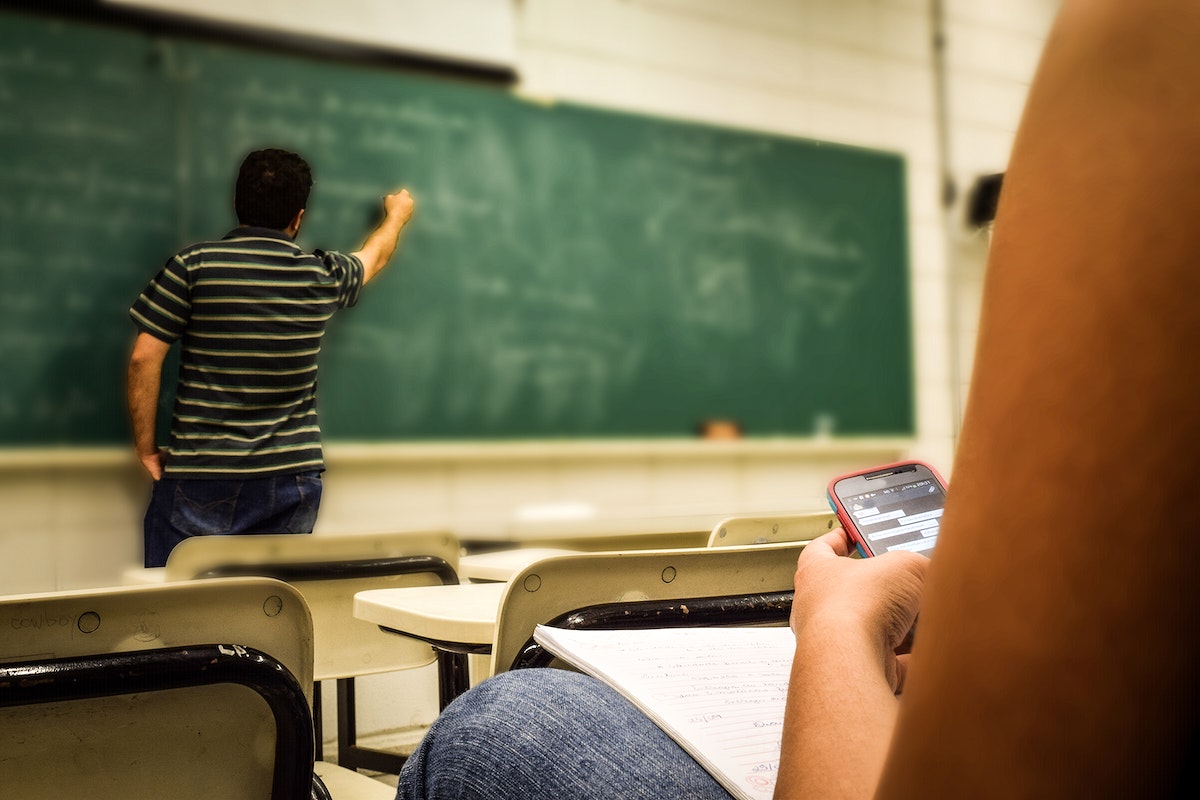In a technologically driven age, smartphone use has become a commonplace to be in almost every part of our lives. However, the introduction of these gadgets into classrooms has made it a divisive debate around the globe, prompting the ban of phone bans in several nations. This problem has brought attention to the complicated relationship between technology and education and sparked debates about the possible advantages and disadvantages of the rules.
“I feel like it is kind of dumb because if something bad happens we could use our phones but if we don’t have them, then we only have the school phones and they might be down” said Santa Rosa sophomore Alyssa Quick.
When France passed a law in 2018 outlawing the use of smartphones and other internet-connected devices in elementary and middle schools, it became one of the “leaders” of this movement. This decision was made with a variety of goals in mind, including shortening distractions, stopping cyberbullying, and promoting more in-person interactions between students. People claim that limiting phone use improves the learning environment by encouraging focus and participation in academic tasks.
Other countries have followed it, to differing amounts of strictness. In an effort to reduce distractions and improve students’ concentration on work, the Italian government implemented a ban on smartphone use in classrooms in 2019. In the meantime, some British schools have enforced their phone bans due to worries about how they may affect social dynamics and academic achievements in the school.
These ban justifications are a reflection of larger public concerns about the harmful effects of too much screen time, especially for youth. Research has shown a possible link between too much smartphone use and short attention spans, irregular sleep schedules, and impaired social skills. Policymakers hope to reduce these risks and promote more moderation in technology use by limiting phone use in schools.
“Phones are only a distraction at school, but they can be used as a learning device if you use them correctly,” said Santa Rosa sophomore Zach Sanchez.
Opponents of these policies contend that outright stopping them could oversimplify a complicated problem and ignore the possible educational advantages of using technology in instruction in the classroom! When used responsibly, smartphones can be used as effective research, collaboration, and creative tools that give students access to a multitude of knowledge and allow them to take part in educational opportunities. Rather than outright banning, proponents of newer strategies support encouraging responsible device usage and teaching digital literacy skills.

It is better for students to have to face the challenges of cellphone addiction during their high school years as they will have more resources to do so and fewer consequences for struggling to achieve that balance.
(rawpixel.com)
Additionally, schools face logistical difficulties when enforcing phone bans, which makes it necessary to have clear policies and procedures in place for tracking the phones. Some educators contend that rather than concentrating only on limitations, efforts should be made to teach students digital “citizenship and self-regulation” so they can use technology responsibly.
Given these factors, the argument over whether or not cell phones should be banned in schools goes beyond simple right and wrong conclusions. It is a reflection of larger concerns about how technology will affect education in the future and the welfare of the next generation. Proponents of the idea highlight the benefits of disconnecting and reconnecting, while opponents emphasize the value of using technology as a tool for education and personal development.
Ultimately, the effectiveness of phone bans in schools may depend on “contextual” factors such as cultural norms, educational practices, and the readiness of stakeholders to adapt to evolving technological landscapes. As the discourse continues to grow, finding a balance between harnessing the potential of technology and safeguarding against its pitfalls remains a pressing challenge for educators, policymakers, and society at large.

















